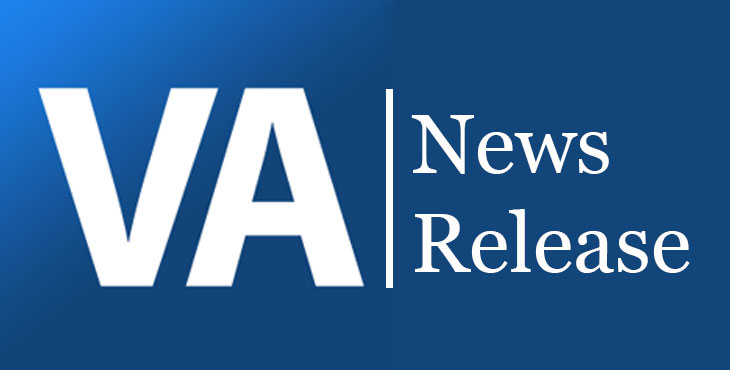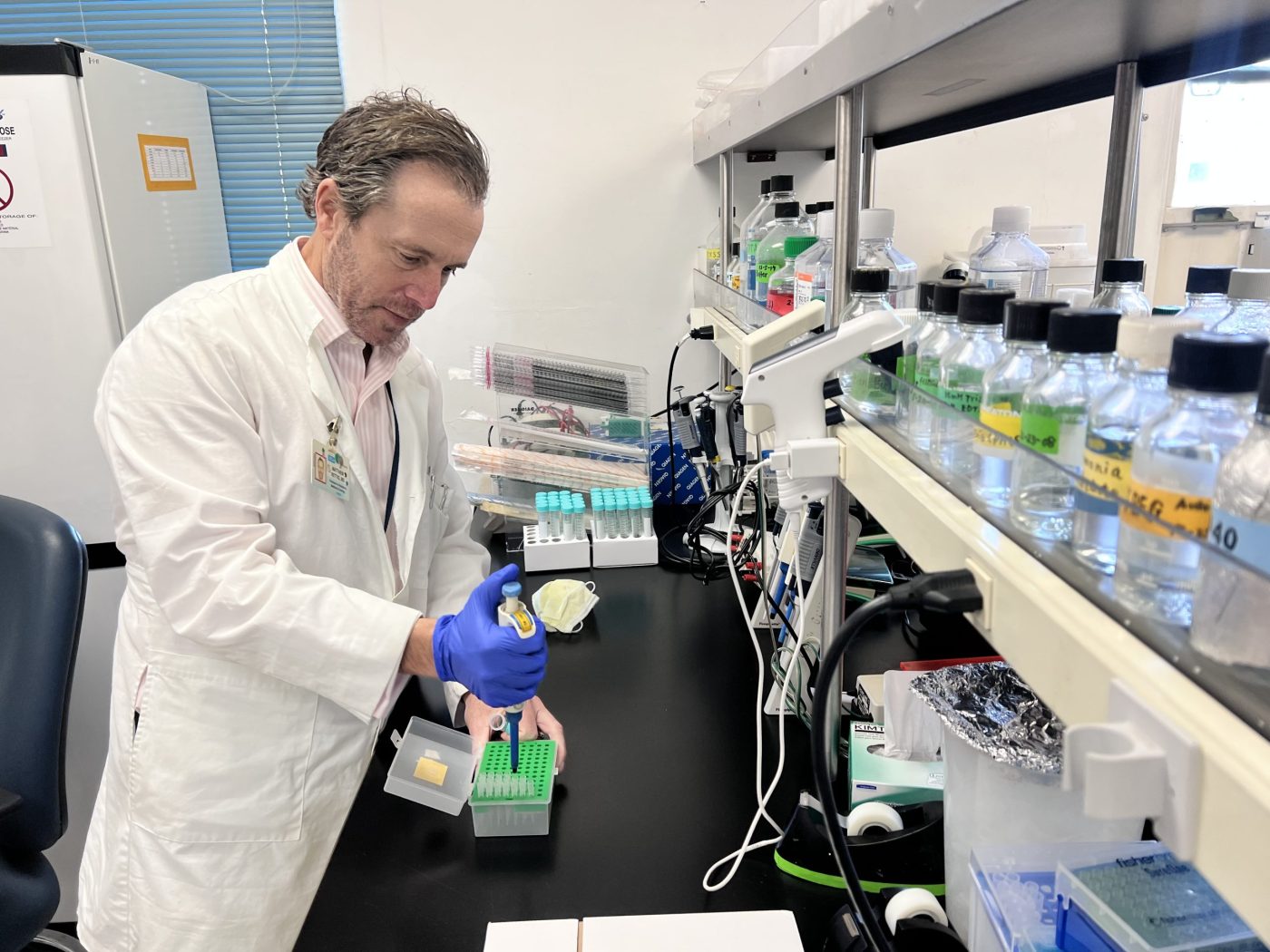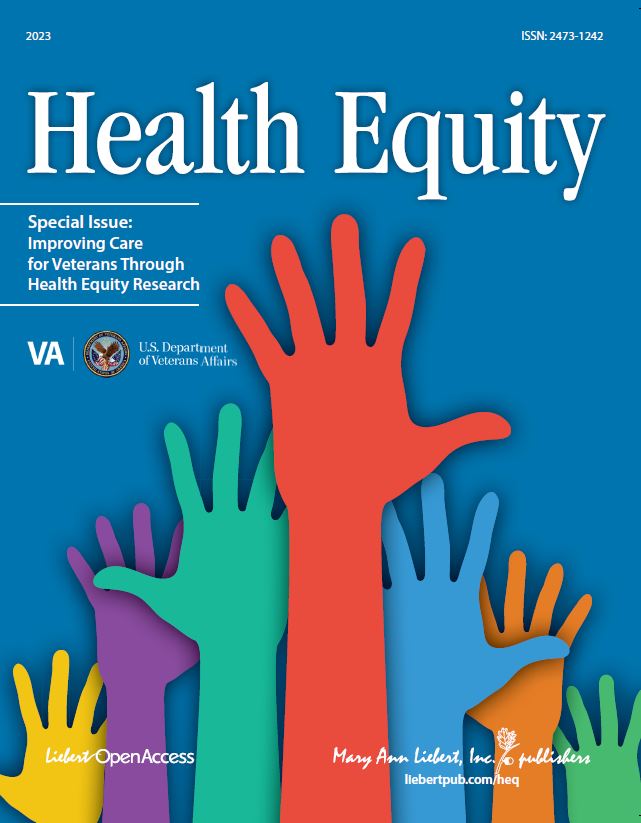VA released findings today from its most recent analysis of Veteran suicide data for all 50 states and the District of Columbia. This report yields several important insights:
- Suicide rates increased for both Veterans and non-Veterans, underscoring the fact that suicide is a national public health concern that affects people everywhere.
- The average number of Veterans who died by suicide each day remained unchanged at 20.
- The suicide rate increased faster among Veterans who had not recently used Veterans Health Administration health care than among those who had.
The report, known as “VA National Suicide Data Report 2005–2015,” is available online here.
The analysis is part of VA’s ongoing examination of more than 55 million civilian and Veteran death records that is being used to evaluate and improve VA’s Suicide Prevention Program.
Data from this report were obtained from the Centers for Disease Control and Prevention (CDC)’s National Death Index and then linked to both VA and Department of Defense (DoD) data.
VA is committed to publishing the most accurate suicide data possible. CDC has 2016 data, but VA works with both CDC and DoD to analyze millions of records and data sources to produce an analysis of suicide deaths for all known Veterans. This collaboration adds a layer of complexity to the analysis process thus making 2015 the most current year for which VA is able to publish complete Veteran suicide data. VA is working with CDC and DoD to innovate and refine the data analysis and plans to publish 2016 Veteran suicide data in fall 2018.
The report includes suicide rates from 2005 to 2015 for both Veteran and non-Veteran populations segmented by age, race and gender, and analyzes Veteran rates based on service branch and era, suicide method and suicide risk factors. These data inform the ongoing work of VA and its partners to prevent suicide and expand the network of support for Veterans.
“Suicide remains a top clinical priority,” said Acting VA Secretary Mr. Peter O’Rourke. “One life lost to suicide is one too many. Suicide is a serious public health concern — in the Veteran population and across all communities nationwide. These data offer important insights to help VA to build effective networks of support, communication and care that reach Veterans where they live and thrive.”
Suicide is a complex issue and is influenced by a multitude of intersecting factors that can increase or decrease suicide risk. The VA Suicide Prevention Program’s public health approach addresses the risk factors associated with suicidal behavior — such as a prior suicide attempt, stressful life events or the availability of lethal means — while promoting the protective factors that can offset risk — such as positive coping skills, feeling connected to other people and access to mental health care.
Data form an integral part of VA’s public health strategy and enable VA to tailor research-backed suicide-prevention initiatives to reach diverse groups across the Veteran population.
In the years since these data were captured, VA has undertaken substantial suicide-prevention efforts, including:
- Expansion of the Veterans Crisis Line
- Creation of new cross-sector partnerships
- Implementation of the Joint Action Plan for Supporting Veterans During Their Transition From Uniformed Service to Civilian Life
- Launch of SAVE online suicide prevention training
- Development of the forthcoming National Strategy for Preventing Veteran Suicide
Learn more about VA’s suicide-prevention resources and programs at www.mentalhealth.va.gov/suicide_prevention/.
Veterans who are in crisis or having thoughts of suicide, and those who know a Veteran in crisis, should call the Veterans Crisis Line for confidential support 24 hours a day, seven days a week, 365 days a year at 800-273-8255 and press 1, chat online at VeteransCrisisLine.net/Chat, or send a text message to 838255.
Reporters covering this issue are strongly encouraged to visit www.ReportingOnSuicide.org for important guidance on how to communicate about suicide.
Topics in this story
More Stories
On Thursday, June 20, 2024, VA joined more than 20 federal agencies to release its updated 2024-2027 Climate Adaptation Plan.
As part of a new research study that began July [...]
WASHINGTON ― The Department of Veterans Affairs Office of Research [...]







You are so right, my claims have been in for 8 years. My NOD has been in over 3 years.
I’m of wife of a veteran, and sadly I agree. What is so wrong is that my husband had pain in his knee and was never told he had a torn meniscus… He was told only after a year went by, and by then it was badly torn, surgery made it worse on top of many other issues. I pray the veterans administration due right by those who served this country, because now not only is his body torn down but his mind is on his way there too.
Honestly, they should also address suicide attempts because I know other combat veterans, as well as myself who have attempted suicide several times. It’s truly sad and upsetting because whenever I go to the VA for help prior to the event, they turn you away or can’t get you to see anyone for at least a month or more, So whenever you ask for help, the VA is unable to provide you assistance. It’s unfortunate that when you get to that point, you have to go to the ER for help or the police assist you because the VA still can’t get you an appointment to see someone. That’s been my experience with VA in Evansville, IN. The article mentions suicides and the BA should be more proactive in preventing them, as well as suicide attempts because it could actually become a successful suicide. I’m completely disappointed in the VA system still. Sometimes it gets really hard and overwhelming to come back from a deployment and years later you still carry that weight from your deployment(s).
I agree 110% with Lambda5555m. A claim/appeal that is plain & clear, endorsed by a MEDICAL DOCTOR, stating its validity, goes through the system and is DENIED. The reason is more than likely MONEY. There is a ceiling the VA has and it has created a process, 1st try: DENY 2nd:DENY 3rd:DENY 4th:solution to the Veteran is SUICIDE. They cannot work because of their disability, earn money to support his/her family, ugly divorce, lose kids, alone, dealing with nightmares, pain…etc etc etc. IT’S NOT ROCKET SCIENCE. You cannot deny your electric bill, water bill, gas bill, insurance, rent payment, food cost…this leads to…Yep, you guessed it, HOMELESS VETERANS. They are in the gutter, lowest point of their life achieved. These are all tied into 20 VETERANS A DAY ending their pain.
MONEY.
Maybe if the VA did a better job in evaluating and approving claims that there would be fewer suicides? It can be so very depressing when you have submitted your claims, they are denied and then you have to spend years on fighting them and with your appeal. It gets to where anyone who has such blatant and unwarranted denials figure that it is just easier to end one’s life than wait for years to get what they should have had to begin with. Speeding up the claims process doesn’t do any good when valid claims are denied. I can’t understand why most everyone I know has submitted claims and were denied disability compensation and benefits. Sad, just sad that this happens more often than not. That problem needs to be fixed if you want to bring down the suicide rate among Veterans.